PHYSIOTHERAPY SERVICES
- Home
- Physiotherapy Services
- Clinical Pilates
Select page from dropdown
CLINICAL PILATES
Clinical Pilates is a method of specific, individually tailored exercise which has evolved from traditional Pilates, with the input of Physiotherapists and evidence based research, into a rehabilitation tool for injury management, injury prevention, performance enhancement and general fitness. At OPSMC, clients can progress from one-on-one supervised Clinical Pilates, to Group Clinical Pilates classes (maximum of 4 participants) to independent sessions within our spacious, and well-equipped studio.
The Clinical Pilates team at OPSMC has a strong emphasis on accurate diagnosis, treatment and management of pain and injury, optimising postural alignment, movement patterns, movement awareness and functional control, while taking into account that pathologies are generally sensitive to load and direction of movement. All practitioners have post-graduate training in Clinical Pilates, and many years of experience working within the field with complex conditions and elite athlete populations.
Our Clinical Pilates programs are primarily equipment based utilising the traditional Pilates spring-loaded equipment such as reformers, trapeze tables and the wunda chair. The adjustable spring loading capacity of the equipment allows for progressive challenges of loading, movement control, balance and proprioception all with functional specific goals as the basis of each exercise prescribed. This versatility means that Clinical Pilates is appropriate for everyone from people with POTS to the aerial acrobat, and from those suffering from arthritic complaints to those competing at national and international level sports.
CONDITIONS THAT CAN BENEFIT FROM A CLINICAL PILATES APPROACH:
- Low back pain/injury
- Neck and upper back pain/injury
- Certain types of headaches
- Pre & post-natal fitness, & conditions including pelvic girdle pain/instability
- Pre & post-surgical rehabilitation
- Recurrent hamstring, groin or shoulder injuries
- Sports specific performance enhancement
- Injury prevention
- General fitness and toning
- Joint hypermobility syndrome & associated disorders
- POTS
- Osteoporosis & osteoarthritis
- Falls risk
- Physical disabilities
Class days/times and facilitates subject to change.
| Monday | Tuesday | Wednesday | Thursday | Friday | Saturday |
|---|---|---|---|---|---|
|
- facilitated by Gary Cairnduff |
|||||
|
- facilitated by Mairead Hallissey |
|||||
|
- facilitated by Mairead Hallissey |
- facilitated by Laura Baquie |
- facilitated by Mairead Hallissey |
|||
|
- facilitated by Gary Cairnduff |
- facilitated by Gary Cairnduff |
- facilitated by Mairead Hallissey |
|||
|
- facilitated by Gary Cairnduff |
- facilitated by Andrew Hocking |
- facilitated by Zac Southern |
|||
|
- facilitated by Gary Cairnduff |
|||||
|
- facilitated by Gary Cairnduff |
- facilitated by Zac Southern |
||||
|
- facilitated by Gary Cairnduff |
|||||
|
- facilitated by Mairead Hallissey |
|||||
| Monday | Tuesday | Wednesday | Thursday | Friday | Saturday |
|---|---|---|---|---|---|
|
- facilitated by Gary Cairnduff |
|||||
|
- facilitated by Mairead Hallissey |
|||||
|
- facilitated by Mairead Hallissey |
- facilitated by Laura Baquie |
- facilitated by Mairead Hallissey |
|||
|
- facilitated by Gary Cairnduff |
- facilitated by Gary Cairnduff |
- facilitated by Mairead Hallissey |
|||
|
- facilitated by Gary Cairnduff |
- facilitated by Andrew Hocking |
- facilitated by Zac Southern |
|||
|
- facilitated by Gary Cairnduff |
|||||
|
- facilitated by Gary Cairnduff |
- facilitated by Zac Southern |
||||
|
- facilitated by Gary Cairnduff |
|||||
|
- facilitated by Mairead Hallissey |
|||||
Monday
-
-
facilitated by Gary Cairnduff
-
-
facilitated by Gary Cairnduff
-
-
facilitated by Mairead Hallissey
Tuesday
-
-
facilitated by Gary Cairnduff
-
-
facilitated by Zac Southern
Wednesday
-
-
facilitated by Mairead Hallissey
-
-
facilitated by Mairead Hallissey
-
-
facilitated by Andrew Hocking
Thursday
-
-
facilitated by Laura Baquie
-
-
facilitated by Gary Cairnduff
-
-
facilitated by Zac Southern
-
-
facilitated by Gary Cairnduff
Friday
-
-
facilitated by Gary Cairnduff
-
-
facilitated by Gary Cairnduff
Saturday
-
-
facilitated by Mairead Hallissey
-
-
facilitated by Mairead Hallissey
FREQUENTLY ASKED QUESTIONS
Pilates is a generic application of the Pilates exercise method aimed at improving movement, strength and control without taking into account injury, pathology or an individual’s specific physical needs. Clinical Pilates is based on a ‘clinical reasoning’ approach following individual assessment, and specific prescription of Pilates exercises based on your needs.
You do not require a referral to see a Clinical Pilates Physiotherapist.
Before beginning Group Clinical Pilates Classes, you must first see a Clinical Pilates Physiotherapist for an Initial Consultation.
- Comfortable clothing suitable for moving freely
- Socks
- Drink bottle
- Small towel
Initial consultation with a Clinical Pilates Physiotherapist 60mins
Review consultation with a Clinical Pilates Physiotherapist 30mins
Group Clinical Pilates Classes 60mins
Your one-hour consultation will include a full body assessment as well as gathering information on past history, current conditions, lifestyle and occupational factors. Non-invasive Real Time Ultrasound may be used to assess the function of your deep abdominal and pelvic musculature.
Based on the initial assessment, you will begin your introduction to the Clinical Pilates equipment with an individualised program aimed at achieving your specific functional goals.
This will depend on your specific needs, and is something to discuss with your Clinical Pilates Physiotherapist at the end of your Initial Consultation. Some people will progress immediately to Group Clinical Pilates sessions. Others may need several review consultations to ensure an appropriate exercise program is prescribed and to ensure good technique and control with executing the exercises before progressing to a group environment.
Yes. Once you are proficient with your Clinical Pilates program, and familiar with the setup and use of the equipment, you have the option to attend our studio and work through your program independently, whilst knowing that there is always a Clinical Pilates Physiotherapist on site should you need assistance. This allows for more flexibility outside of the Group Clinical Pilates session timetable. You are still advised to attend intermittent reviews with your Clinical Pilates Physiotherapist to monitor and progress your exercise program as required.



